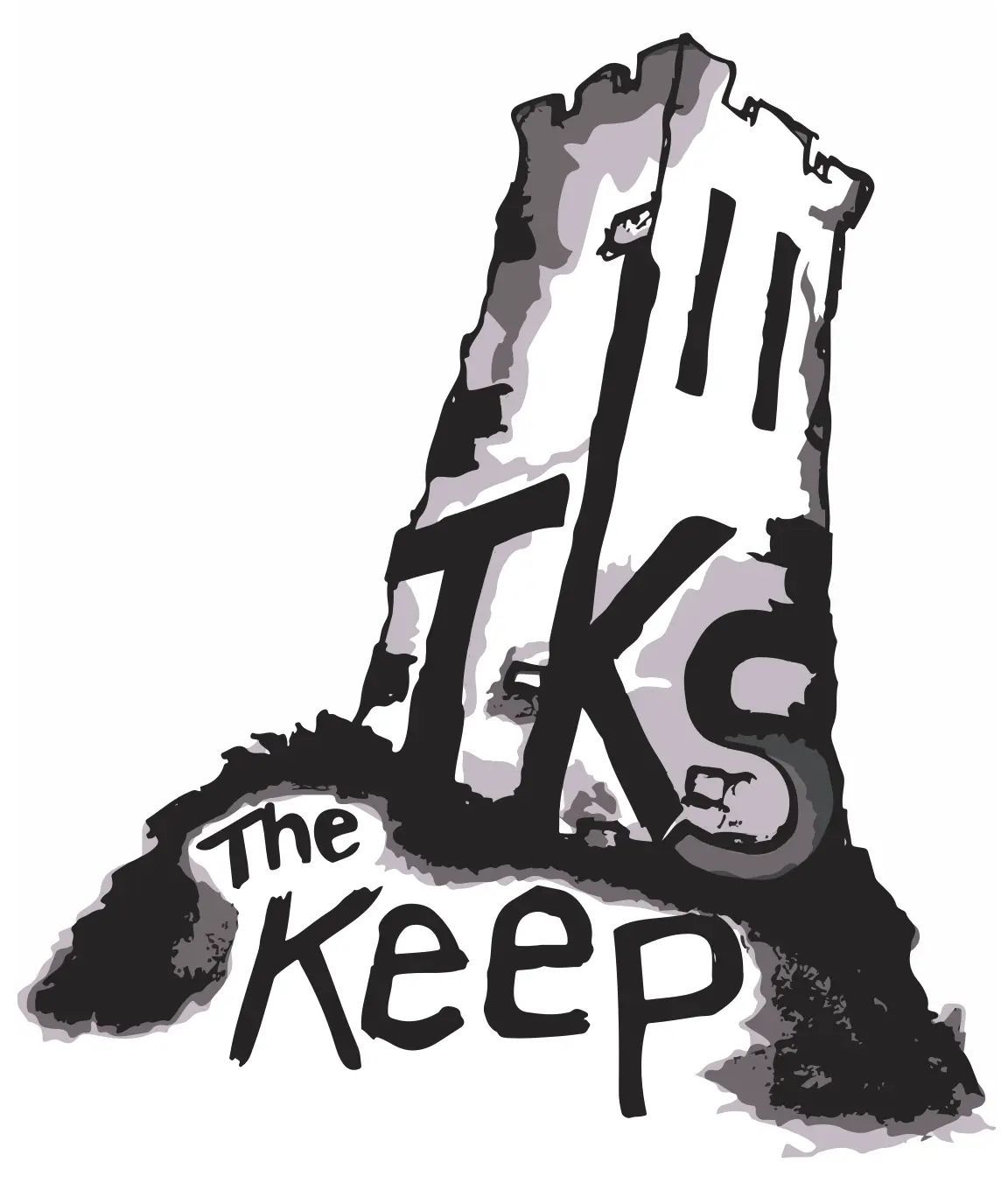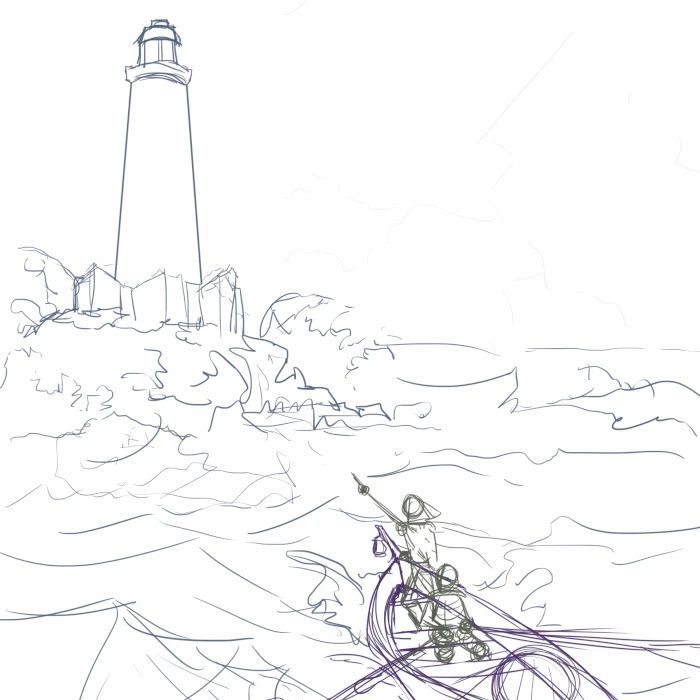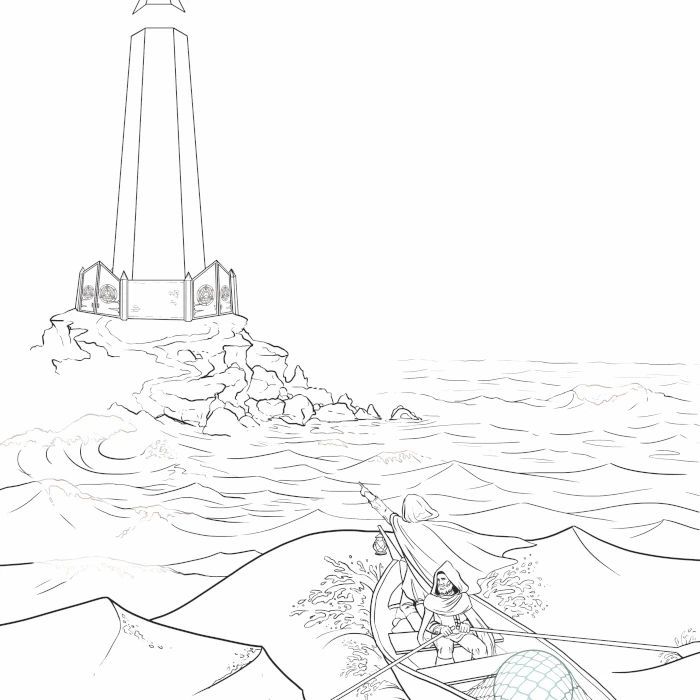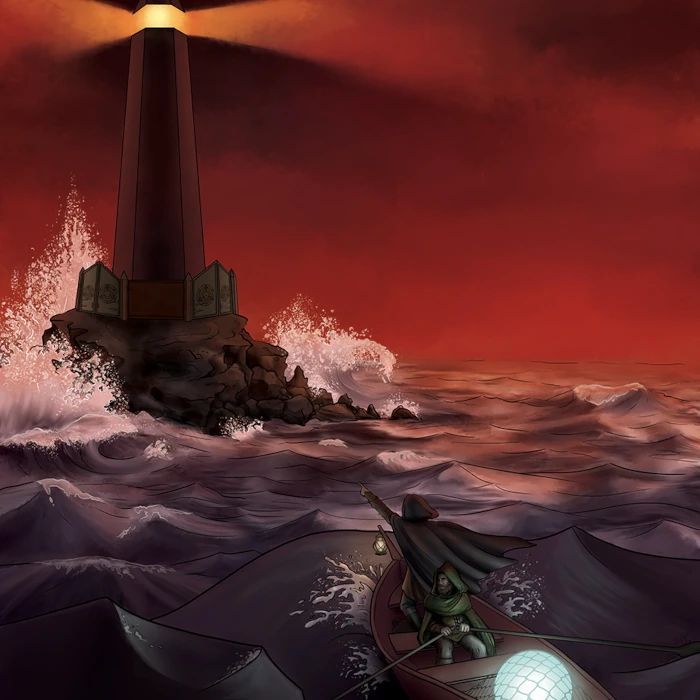Where the Light Fails, Stories Begin
We write books where grief becomes memory, and memory becomes power. Crowdfunded adventures for players who want their tables to fight for something real.


Explore the Next Adventure!
Sign up to be the first to know when we launch and receive a special offer for our backers.
From Sketch to Soul:
What Backers Help Build
Every thing we publish starts with a notebook margin.

A scribbled dungeon. A broken god.

A panther with eyes of stars.

And then we make it matter.
Only Our Craft, No AI Slop
We believe in stories for people, by people.
We also believe creators should be paid fairly. That’s what crowdfunding enables. When you back a project, you're funding art, editing, and actual time to do the work right – without crunch or compromise.
What is Caster's Crossing?
- Pulp-action inspired adventure in darkest jungle, city streets, and lost ruins.
- Fully illustrated, print-ready modules
- Source books for a full campaign setting
- Carefully crafted mechanics-as-story design
- Compatible with DCC, Shadowdark, OSR, and more
- Built for excitement, drama, and grit


What Backers Help Build: From Sketch to Soul
Thanks to backers, we transform raw ideas into thrilling and inspiring modules and sourcebooks – like Sword in the Jungle Deep, Soul for the Ocean Dark, and the upcoming Caravan to Caster's Crossing and Compendium of Powers and Patrons. These aren’t just dungeons. They’re stories you carry with you.
We playtest. We rework. We write until it feels like poetry and pain. Then we ship – fast, and with care (our last book delivered ahead of schedule).


Your Table Deserves More Than Filler
We’re tired of disposable dungeons in worlds that don't represent us. You deserve adventures that hit like a gut punch and leave players talking for weeks. That’s why we center emotional arcs, moral dilemmas, and weird beauty in every design.


Dynamic Divine Powers and Unique Deities
Introduce original deities and cosmic abilities, allowing players to forge or disrupt divine alliances with rituals and curses that reshape the narrative.


Inclusive and Innovative Worldbuilding
Crafted by queer creators with a respect for diverse stories, challenging traditional fantasy tropes and celebrating marginalized narratives with creativity.


Built by Players. Backed by Heart.
Our last book made people cry – in a good way. This time, you’re funding not just a sequel, but a new setting. More art. More dungeons. More emotional ruin.
We deliver fast. We don’t over-promise. But we dream big – and we invite you to help.


Overland travel with purpose, not tables
Caravan to Caster’s Crossing
A ruined sword. A fractured caravan. A temple that steals your name.
Our next adventure begins where Sword in the Jungle Deep ended – and it spirals into sacred rot, desperate betrayal, and a monster that can’t be touched unless you understand who you are.
Set in the new campaign world of South Ers, Caster’s Crossing blends wild travel, haunted cities, and deep trust mechanics in a world shaped by divine conflict.


Everything we’ve learned from our previous adventures is here – bigger, sharper, and built with your support in mind.
This next-level campaign brings more than just another book. It unlocks a complete creative toolkit for GMs and players alike:
- New rival NPC factions and trust mechanics
- A chance to put yourselves in the history books
- Discover the past to save the present, and build the future
- Unique artifacts, both magical and historical


Funding that powers creation
Stretch goals that let backers leave their mark in-world
- Illustrations stuffed on each and every page
- Enhanced player handouts and caravan trust mechanics
- Fully illustrated maps and encounter zones
- Early access to Powers & Patrons, our divine and supernatural sourcebook
- Expanded maps and illustrated encounter zones
- Bonus dungeon content and NPC-driven sidequests
- A massive fully realized city, who's story starts at the surface, and reaches deep into the earth and the heavens
We're launching soon!
Sign up to be the first to know when we launch and receive a special offer for our backers.
Back the campaign, light the path, and help us go bigger, deeper, and more collaborative than ever – building on a project that funded in 24 hours and delivered ahead of schedule.